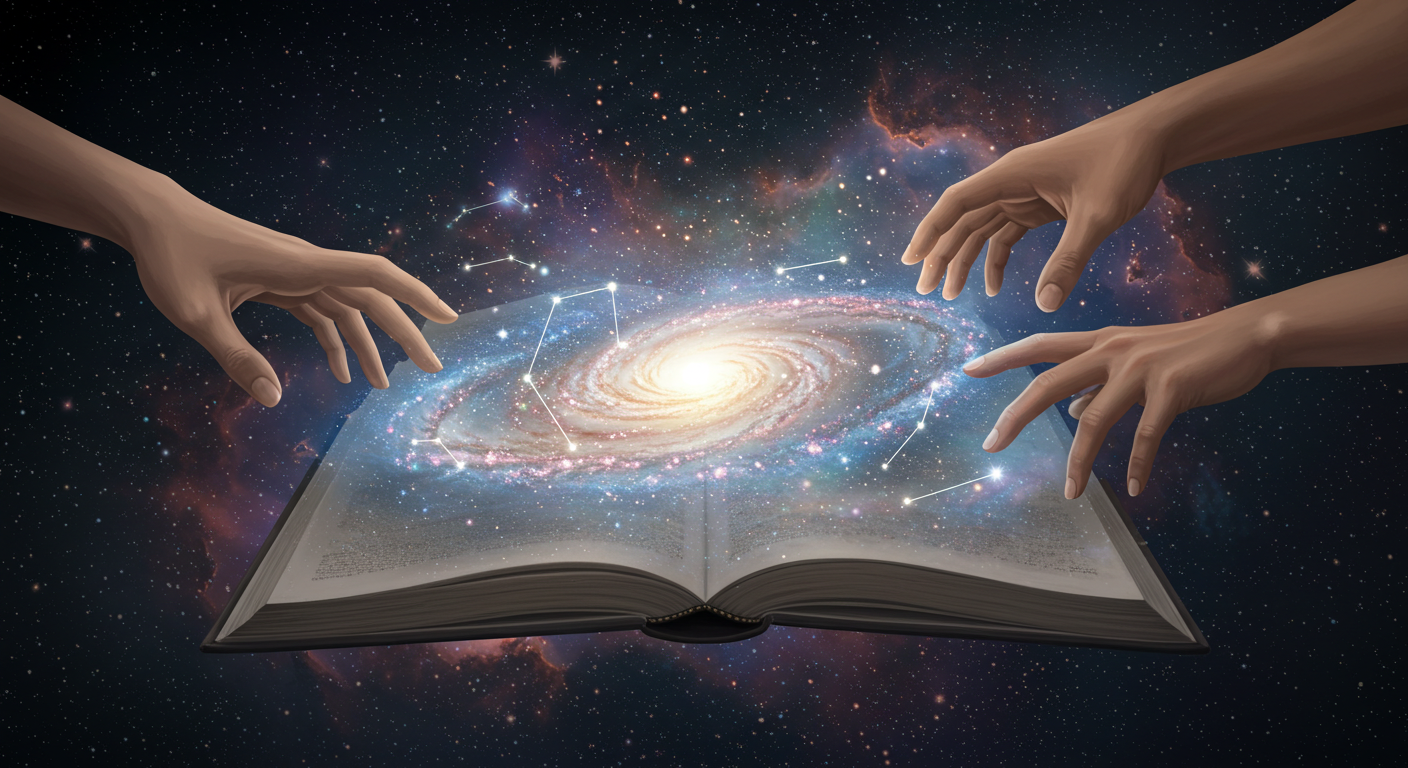The idea that a person dies twice is a thought-provoking concept that has been explored in various cultures and philosophies. The notion of a ‘second death’ often brings to mind existential questions about the nature of life, memory, and legacy. In this article, we will delve into the meaning of the second death, and examine whether it refers to being forgotten by society or if there is a deeper, philosophical understanding behind it.
1. What is the Second Death?
The concept of the second death can be interpreted in many ways, depending on the philosophical or cultural perspective. In some contexts, the second death refers to the moment when an individual is no longer remembered by anyone after their passing. In this sense, it could be viewed as a symbolic death—where the person’s memory fades and their existence is erased from the collective consciousness of society.
Another interpretation of the second death is that it represents the end of one’s influence, impact, or legacy. After a person passes away, their physical death is the first death, but the second death could be seen as when their ideas, contributions, and memories are no longer sustained by others, whether through family, friends, or society at large.
2. The Second Death in Cultural and Philosophical Contexts
In some cultures, the second death is a concept that highlights the importance of remembrance and legacy. For instance, in many African traditions, the second death is associated with the moment when a person is forgotten by their descendants. This could signify the end of their connection to the living world and their transition into the realm of ancestors. This idea suggests that one can live on through the stories and memories passed down by future generations.
In contrast, some philosophical schools argue that the second death is a more abstract concept. It may refer to the idea that when we are no longer remembered, we cease to exist in a meaningful sense. According to this perspective, living on in the minds of others is the only way to achieve immortality. Once we are forgotten, we have effectively ceased to exist, even if our bodies remain on earth.
3. The Role of Memory in the Concept of Death
Memory plays a crucial role in the idea of the second death. In many ways, human beings are defined by how they are remembered by others. The memories we create, the relationships we form, and the impact we have on the world contribute to our sense of identity long after we are gone. The second death, in this sense, is linked to the fading of these memories and the loss of one’s place in history.
For example, historical figures who once shaped the world may eventually fade into obscurity as time passes. Their achievements may be forgotten, and they may no longer be remembered in popular culture or academia. This could be seen as their second death, a death that occurs after the first, when their physical presence is no longer felt.
4. Is Being Forgotten the True ‘Second Death’?
The question of whether being forgotten is the true second death depends on one’s perspective. Some may argue that being remembered by loved ones and society gives life meaning. For them, being forgotten means the end of their existence in any meaningful way. However, others may find solace in the idea that the second death is a natural part of the cycle of life, and that it’s not necessary for everyone to be remembered for eternity.
Additionally, some may find comfort in the thought that the second death doesn’t diminish the value of one’s life. Instead, it may reflect the impermanence of all things, suggesting that our time in the world is brief, but that our contributions can still have lasting effects, even if we are eventually forgotten.
5. Conclusion: The Second Death as a Philosophical Reflection on Memory and Legacy
Ultimately, the concept of the second death encourages us to think about how we live and how we are remembered. It raises questions about the importance of legacy, memory, and the human desire for immortality. While being forgotten may seem like the second death to some, others may find peace in accepting the natural course of life and death, understanding that every life leaves its mark, regardless of whether it’s remembered forever.
The second death, therefore, is not necessarily a literal event but a metaphor for how we navigate the impermanence of life and our desire to live on through memory and impact. Whether or not we are remembered is a deeply personal and philosophical question, one that reflects our values and how we choose to live our lives.



コメント